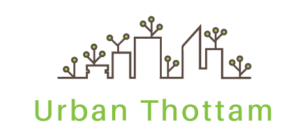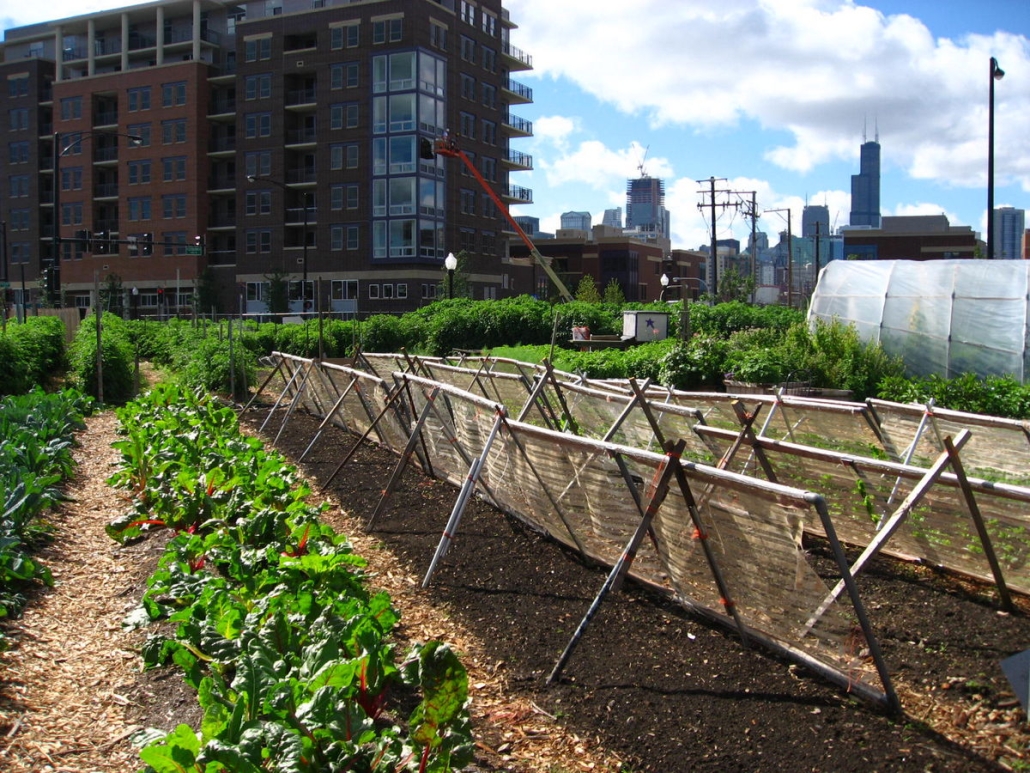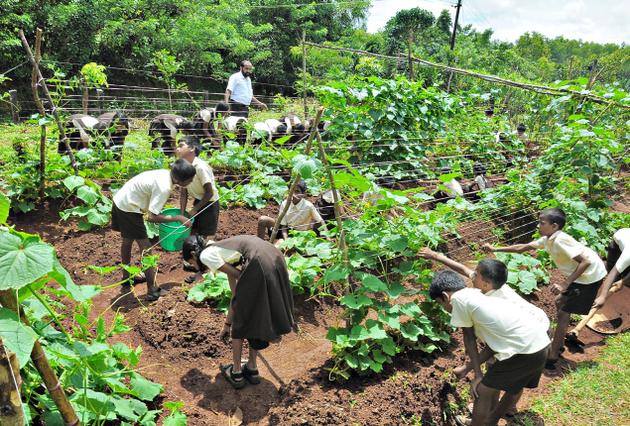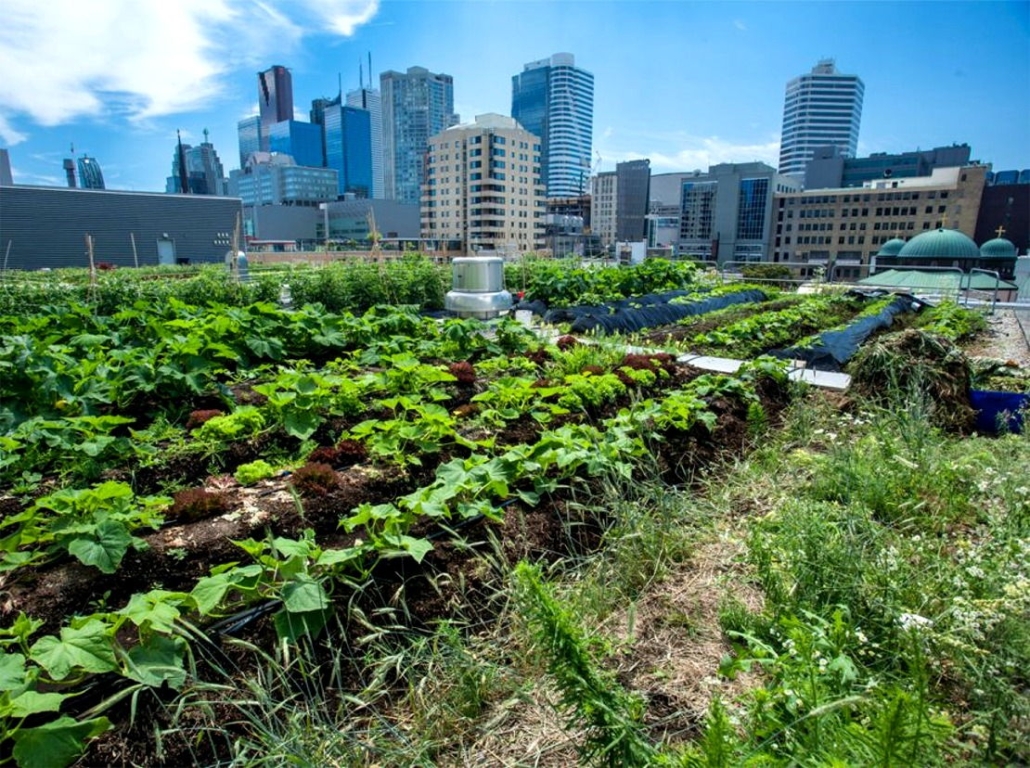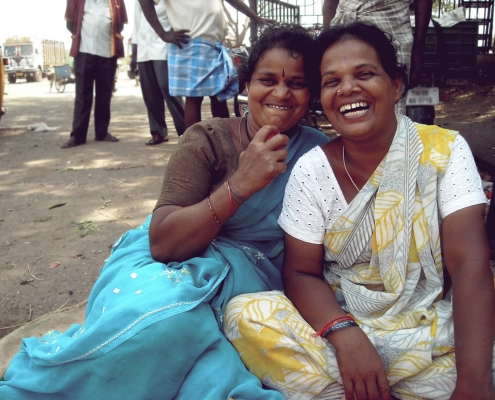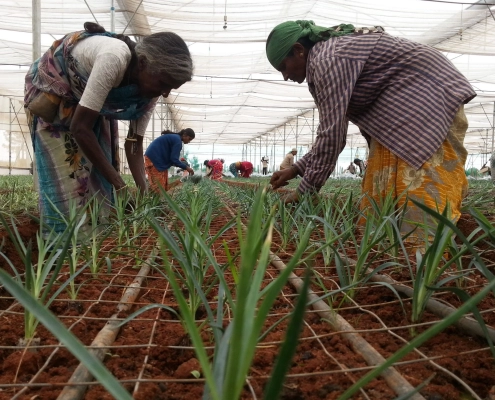Basis
The Chennai Urban Farming Initiative was conceptualized as a flagship project when the city’s Resilience Strategy was drafted in 2018 because it cut across so many resilience pillars — from climate change to vulnerable communities, through greening and urban heat reduction, promoting food security, encouraging people to harvest rainwater and segregate waste, providing livelihood opportunities for the urban poor, and fostering sustainability and self reliance.
Urban Farming is one of the strongest examples of effective nature-based risk reduction worldwide. From New York City to Quito to Bangkok and beyond, Urban Farming has become increasingly popular as a viable way to safeguard and strengthen communities. Climate change and the increasing frequency of disasters ranging from floods and droughts to the recent COVID-19 pandemic have provided added impetus to revitalizing urban food systems.
As part of the city’s Resilience Strategy development, the Chennai Resilience Centre conducted a survey among lower to middle income residents of Chennai to gauge interest towards urban farming and found interest levels to be high. Of a sample size of 304 respondents,
- 5 out of 6 residents responded that they would like to grow their own produce
- 83% of respondents expressed interest in maintaining a rooftop garden
- 61% of respondents currently garden once a week and
- 72% respondents identified as needing training in rooftop gardening.
During field visits by CRC, similar levels of interest have been echoed by residents of Perumbakkam, one of the largest government resettlement colonies located in a suburban area of Chennai city. Following preliminary discussions with the residents who expressed interest and some reservations about maintenance, a feasibility study was conducted by CRC and IRCDUC which clearly established the potential of setting up urban farms in the proximity of these resettlement colonies as a means of offering sustainable livelihood opportunities to women and youth living in these colonies.
CUFI design draws from decades of science and good practice. Building off the urban horticulture experience in India, and in close partnership with technical experts from the city and with interest in collaboration from 4 local government bodies (the Greater Chennai Corporation, Tamil Nadu Department of Horticulture and Plantation Crops, Tamil Nadu Corporation for Development of Women and the Tamil Nadu Skills Development Corporation), CUFI, through Urban Thottam and allied programs, is slated to roll out across Chennai in phases.
